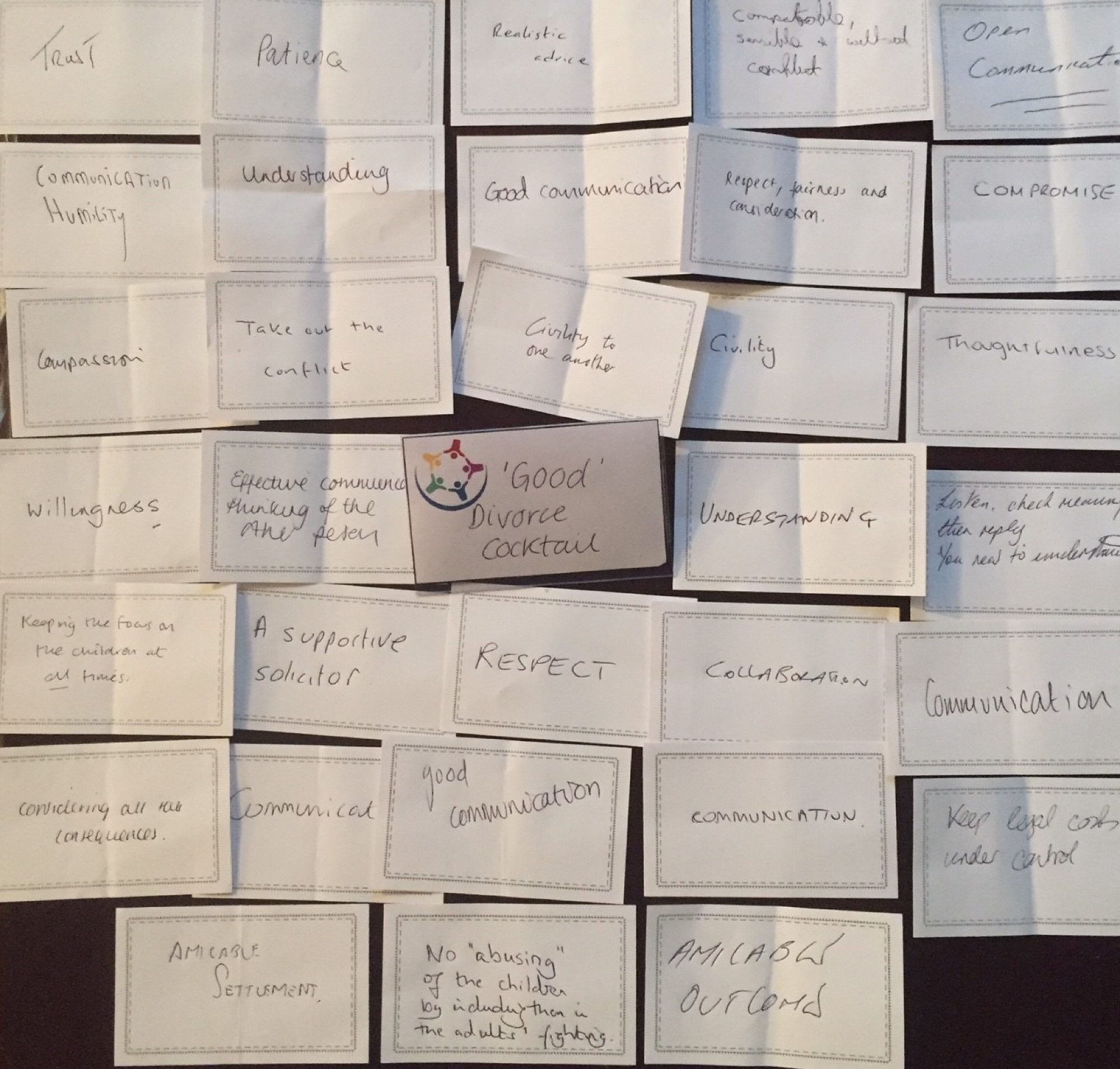There won’t have been many people who watched BBC Two’s Mr & Mrs: Call the Mediator without wincing.
Watching two separated adults tearing each other apart on national television isn’t everyone’s cup of tea. But what the three episode series showed is that there are alternative ways to end a relationship, even if doing it in the full glare of the television cameras is potentially ill-advised!
Following the introduction of the Children and Families Act 2014, separating couples, before making a relevant family application, must attend a family Mediation Information and Assessment Meeting (MIAM). The aim is to reduce both the potential trauma and cost of prolonged court battles between couples, which is particularly important when there are children involved.
The BBC Two programme showed couples (sometimes not even able to be in the same room) trying to resolve issues such as where their children would live, who stayed in the family home and financial settlements.
The scenes featured in the series showed why it is important to consider alternative, out of court, ways to resolve issues following a break-up. Court proceedings, by their very nature, only increase the stress and emotion of the situation.
In a court case, the judge will have much wider discretion, and can impose an agreement on the parties that neither of them are happy with. That’s where Mediation can be beneficial, as it gives both sides much more control over the outcome and they can reach an agreement that may be different to what a Judge would order.
People are often concerned about going to mediation because they’re worried about being bullied or that the agreement they reach won’t be fair. In those circumstances, as an alternative to mediation, many couples may prefer a Collaborative legal approach which aims to create a smoother path to divorce.
Collaborative law is where separating couples have face-to-face negotiations, supported by their solicitor in the room with them. It encourages communication, which in turn reduces bad feeling and hostility between the separating couple and is particularly suitable where children are involved. I would encourage people, where possible, to consider a collaborative law approach in the first instance.
Resolving matters collaboratively enables a more constructive and flexible approach that can produce a far better outcome for all involved. Contact details of qualified solicitors in the Black Country area who can provide you with more information can be found here.


